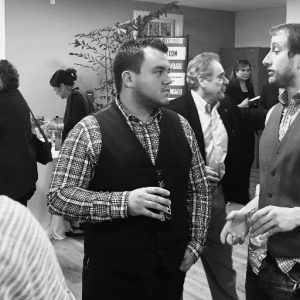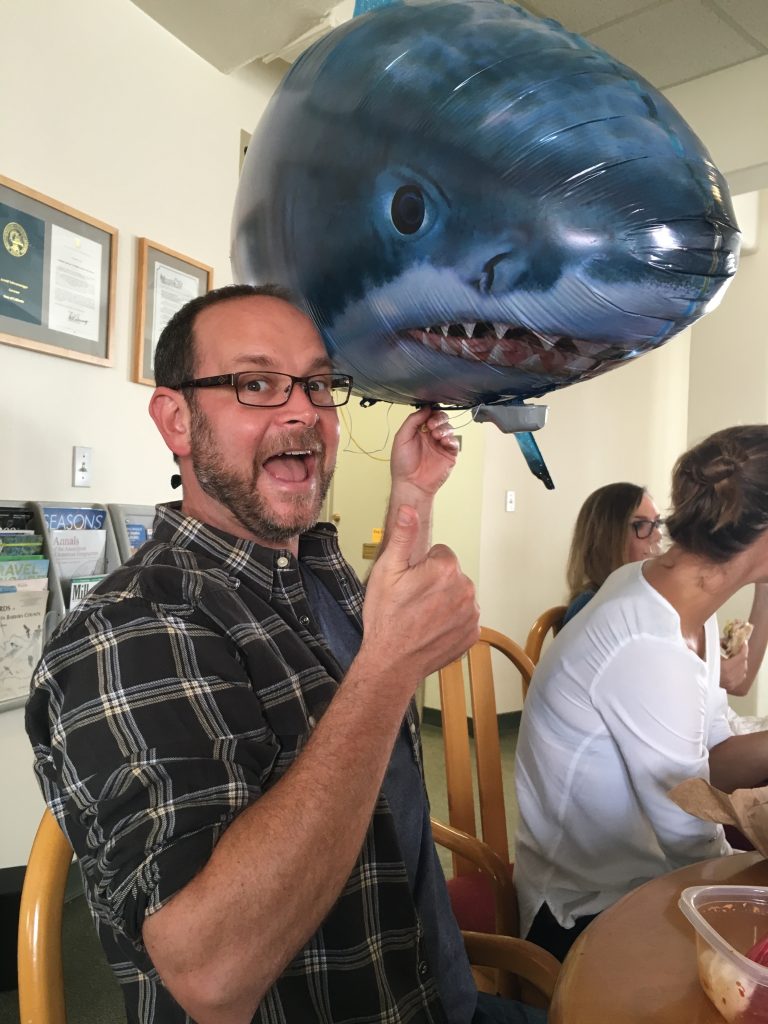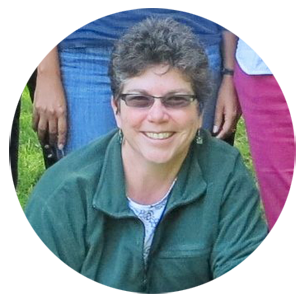Worried about getting on the phone with a journalist to talk about your research? Or–worse–that nobody will care enough to call? We’ll set you straight! In this talk, an editor and a writer offer insider tips on how to communicate science to the media. We’ll cover what makes research interesting to the media, how to prepare for an interview with a journalist, and how to best ensure your interviewer understands and writes about your research accurately. We’ll also talk about how to get your research in front of reporters’ eyes and how to maintain relationships with reporters. Anything else you’ve been dying to ask a journalist? We love questions, so there will be plenty of time for a Q&A.
Pacific Standard is a national magazine and website (psmag.com) based in Santa Barbara. (We’re right on Garden and De La Guerra!) We cover research-based solutions to issues of social, environmental, economic, and educational justice. Nick Jackson is Pacific Standard’s editor-in-chief. He previously worked as the digital editorial director at Outside magazine and as an associate editor at the Atlantic, where he launched theatlantic.com‘s health and technology channel. Francie Diep is a staff writer with Pacific Standard. She has a master’s in science journalism and previously worked as a contributing writer with Popular Science.
You can join remotely from your computer, tablet or smartphone.
https://global.gotomeeting.com/join/653578053
Or dial in using your phone.
United States : +1 (408) 650-3123
Access Code: 653-578-053
Nick Jackson (left)
http://nbjackson.com/
njackson@psmag.com or @nbj914 on Twitter
Francie Diep (right)
http://www.franciediep.com/
fcdiep@gmail.com or @franciediep on Twitter




